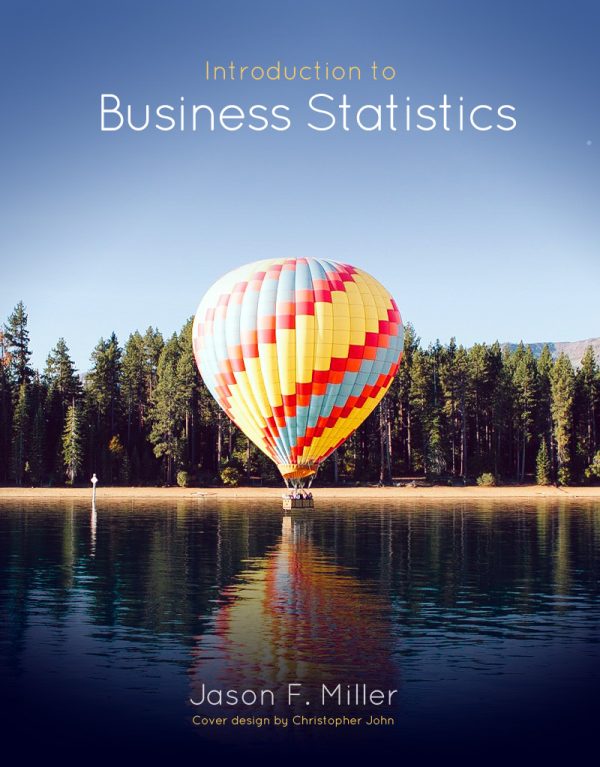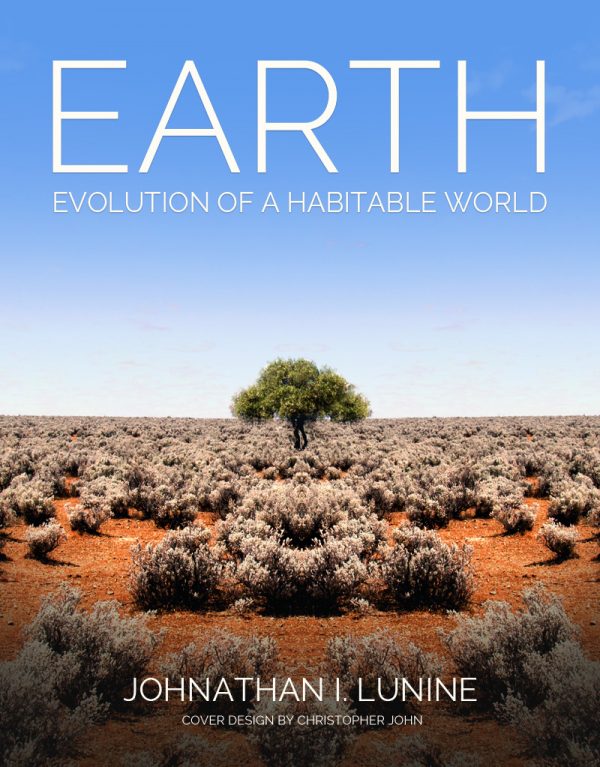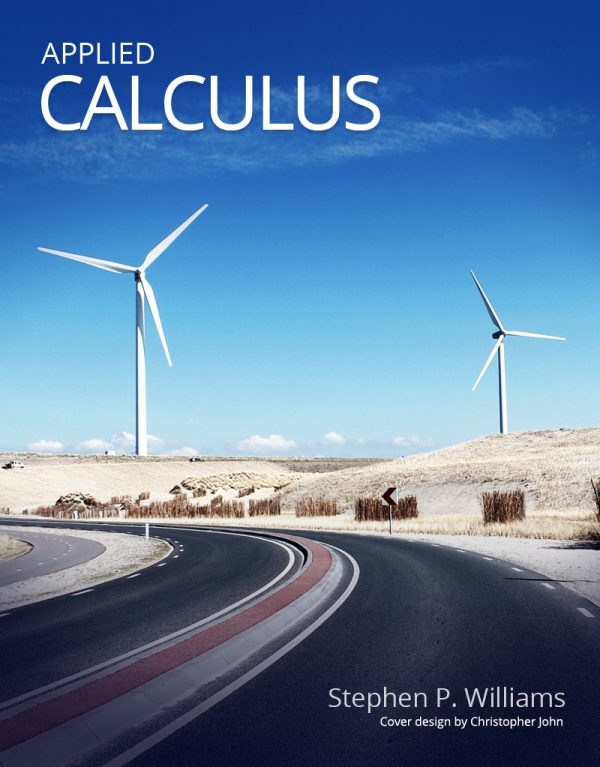Lorem ipsum dolor sit amet, consectetur adipiscing elit. Morbi at molestie mauris, nec commodo metus. Mauris efficitur elit vel cursus consequat. Aenean ut sapien dapibus odio aliquam ornare. Phasellus fringilla commodo finibus. Phasellus molestie eleifend…
Business Calculus
This 5 credit course provides an interdisciplinary introduction to the core concepts of calculus with a primary focus on applications from disciplines of economics and the social sciences. The content is applications in differential, integral and multivariable calculus with an introduction to The Fundamental Theorem of Calculus. Learners will continue to refine their independent study skills, cooperative problem solving, logically correct and mathematically precise writing and thinking, and their ability to use geometric, symbolic and analytic formats in presenting solutions to both abstract and real world applications.
Introduction to Algebra
This course reviews arithmetic skills and introduces algebraic notation, rules and concepts. Students explore linear relationships, with an emphasis on graphing and modeling data. Simplifying expressions and solving basic equations are also discussed. Learning to study math successfully, gaining confidence in approach and accuracy, and using a variety of ways of thinking about a single situation are outcomes for learners who take this course. Applications to real life are emphasized.
English Composition II
Students learn how to develop a research process that includes creating topics and questions, searching for and evaluating a variety of sources, and synthesizing and incorporating those sources to compose original texts.
English Composition I
This course helps students learn how to make judgments and decisions about their own and others’ communication, especially in college writing. They will practice various modes of reading, developing strategies for interpreting, responding to, and making use of a wide array of texts in their own writing. They will develop and document a personalized process to compose texts that demonstrate an understanding of purpose and audience, are thoughtfully organized, achieve appropriate levels of correctness, and are crafted with specified purposes for identified audiences. This class is organized around a theme chosen by the instructor.
World Prehistory: A Brief Introduction
Written by one of the leading archaeological writers in the world -― in a simple, jargon-free narrative style ―- this brief, well-illustrated account of the major developments in the human past makes world prehistory uniquely accessible to complete beginners.
Written by Brian Fagan, World Prehistory covers the entire world, not just the Americas or Europe, and places major emphasis on both theories and the latest archaeological and multidisciplinary approaches. His focus is on four major developments in world prehistory: 1) The origins of humanity. 2) The appearance and spread of modern humans before and during the late Ice Age- including the first settlement of the Americas. 3) The beginnings of food production. 4) The rise of the first civilizations.
World Prehistory
This survey course introduces students to the origins of human diversity by tracing the origins of humanity and material culture from its ancient beginnings to the first literate societies. Through readings, videos, the Internet, and other materials, students will journey to Africa, Mesopotamia, Asia, India, Europe and the Americas as they learn about human adaptations to both the natural and cultural environments. This course may involve a service learning project.

Introduction to Business Statistics
Highly praised for its exceptional clarity, technical accuracy, and useful examples, Weiers’ INTRODUCTION TO BUSINESS STATISTICS, Seventh Edition, introduces fundamental statistical concepts with an engaging, conversational presentation and a strong emphasis on the practical relevance of course material to students’ lives and careers. The text’s outstanding illustrations, friendly language, non-technical terminology, and current examples involving real-world business and personal settings will capture students’ interest and prepare them for success from day one. Continuing cases, contemporary business applications, and more than 300 new or revised exercises and problems reflect important trends and the latest developments in today’s dynamic business environment — all with an accuracy you and your students can trust.
Political Science: An Introduction
Political Science: An Introduction shows readers how the fundamental tenets of political science have helped important leaders make critical decisions for centuries. The authors present a balance of theoretical abstractions and applied reasoning to help readers understand how to make calm, rational choices when it comes to political manipulation.
Earth: Evolution of a Habitable World
Fully updated throughout, including revised illustrations and new images from NASA missions, this new edition provides an overview of Earth’s history from a planetary science perspective for Earth science undergraduates. Earth’s evolution is described in the context of what we know about other planets and the cosmos at large, from the origin of the cosmos to the processes that shape planetary environments and from the origins of life to the inner workings of cells. Astronomy, earth science, planetary science and astrobiology are integrated to give students the whole picture of how the Earth has come to its present state and an understanding of the relationship between key ideas in different fields. The book presents concepts in nontechnical language and mathematical treatments are avoided where possible. New end-of-chapter summaries and questions allow students to check their understanding and critical thinking is emphasized to encourage students to explore ideas scientifically for themselves.
Introduction to Philosophy
Tracing the exchange of ideas between history’s key philosophers, The Great Conversation: A Historical Introduction to Philosophy, Seventh Edition, demonstrates that while constructing an argument or making a claim, one philosopher almost always has others in mind. It addresses the fundamental questions of human life: Who are we? What can we know? How should we live? and What sort of reality do we inhabit?
Applied Calculus
Applied Calculus for Business, Economics, and the Social and Life Sciences, Expanded Edition provides a sound, intuitive understanding of the basic concepts students need as they pursue careers in business, economics, and the life and social sciences. Students achieve success using this text as a result of the author’s applied and real-world orientation to concepts, problem-solving approach, straight forward and concise writing style, and comprehensive exercise sets. More than 100,000 students worldwide have studied from this text!
World Prehistory: A Brief Introduction
Written by one of the leading archaeological writers in the world -― in a simple, jargon-free narrative style ―- this brief, well-illustrated account of the major developments in the human past makes world prehistory uniquely accessible to complete beginners.
Written by Brian Fagan, World Prehistory covers the entire world, not just the Americas or Europe, and places major emphasis on both theories and the latest archaeological and multidisciplinary approaches. His focus is on four major developments in world prehistory: 1) The origins of humanity. 2) The appearance and spread of modern humans before and during the late Ice Age- including the first settlement of the Americas. 3) The beginnings of food production. 4) The rise of the first civilizations.
Introduction to Chemistry
From consumer products to space age technologies, chemistry affects our daily lives. In this course, students will learn the structure of matter and how it behaves under various conditions in order to better understand the chemical world. Designed for students with little or no chemistry background, this course can stand alone or be followed by CHEM&131; not intended for students continuing to CHEM&161. Laboratory activities extend lecture concepts and introduce the student to the experimental process.
Macroeconomics
This is an introductory course in principles of macroeconomics. Macroeconomics studies aggregate economic phenomena such as inflation, economic growth and recession, and unemployment, and addresses issues related to economic growth and the role of government policies in maintaining a healthy, prosperous economy. The goal of the course is to enable students to think about aggregate economic issues in an insightful manner, and to critically evaluate the economic information and analysis provided in popular news publications.
Microeconomics
This course examines the market system and the role of government in the economy. Students learn to analyze resource and income distribution, assess consumer and business behavior, and evaluate price determination and production cost. Students will also be able to identify the economic and socio-political forces that impact consumer demand, business production, and exchange within both domestic and international markets.
Survey of the Kingdoms
Students will gain an understanding of the vast diversity of living things and their adaptations to their environment from an evolutionary perspective. They will examine the ecological relationships among all life on the planet.
General Physics
This course is the first in a three quarter sequence designed for liberal arts and other majors that do not require calculus-based physics. Students will learn and apply the laws that govern motion, explore the relationship between work and energy, and examine momentum. Laboratory activities extend lecture concepts and introduce the student to the experimental process.
Introduction to Astronomy
In this course, students will study the physical characteristics of celestial bodies from our closest neighbor, the moon, to the most distant galaxies. Students will be able to explain how past astronomers investigated the universe and the theories they developed to explain their observations. Students will familiarize themselves with recent observations and discover the foundations for modern astronomical theories. Astronomical observations will be applied through activities, laboratories, and simulations.
Funding for Astronomy 101 is completed!
Lorem ipsum dolor sit amet, consectetur adipiscing elit. Morbi at molestie mauris, nec commodo metus. Mauris efficitur elit vel cursus consequat. Aenean ut sapien dapibus odio aliquam ornare. Phasellus fringilla commodo finibus. Phasellus molestie eleifend…
4.0 GPA! Time for a Break
Lorem ipsum dolor sit amet, consectetur adipiscing elit. Morbi at molestie mauris, nec commodo metus. Mauris efficitur elit vel cursus consequat. Aenean ut sapien dapibus odio aliquam ornare. Phasellus fringilla commodo finibus. Phasellus molestie eleifend…
Funding has begun!
Lorem ipsum dolor sit amet, consectetur adipiscing elit. Morbi at molestie mauris, nec commodo metus. Mauris efficitur elit vel cursus consequat. Aenean ut sapien dapibus odio aliquam ornare. Phasellus fringilla commodo finibus. Phasellus molestie eleifend…
Quick Update From the Lift
Just wanted to post a quick update while I’m waiting to hit the slopes! Winter break is just about over and I’m really looking forward to getting back to class. I’m also very encouraged and…
Hello world!
Lorem ipsum dolor sit amet, consectetur adipiscing elit. Morbi at molestie mauris, nec commodo metus. Mauris efficitur elit vel cursus consequat. Aenean ut sapien dapibus odio aliquam ornare. Phasellus fringilla commodo finibus. Phasellus molestie eleifend…












